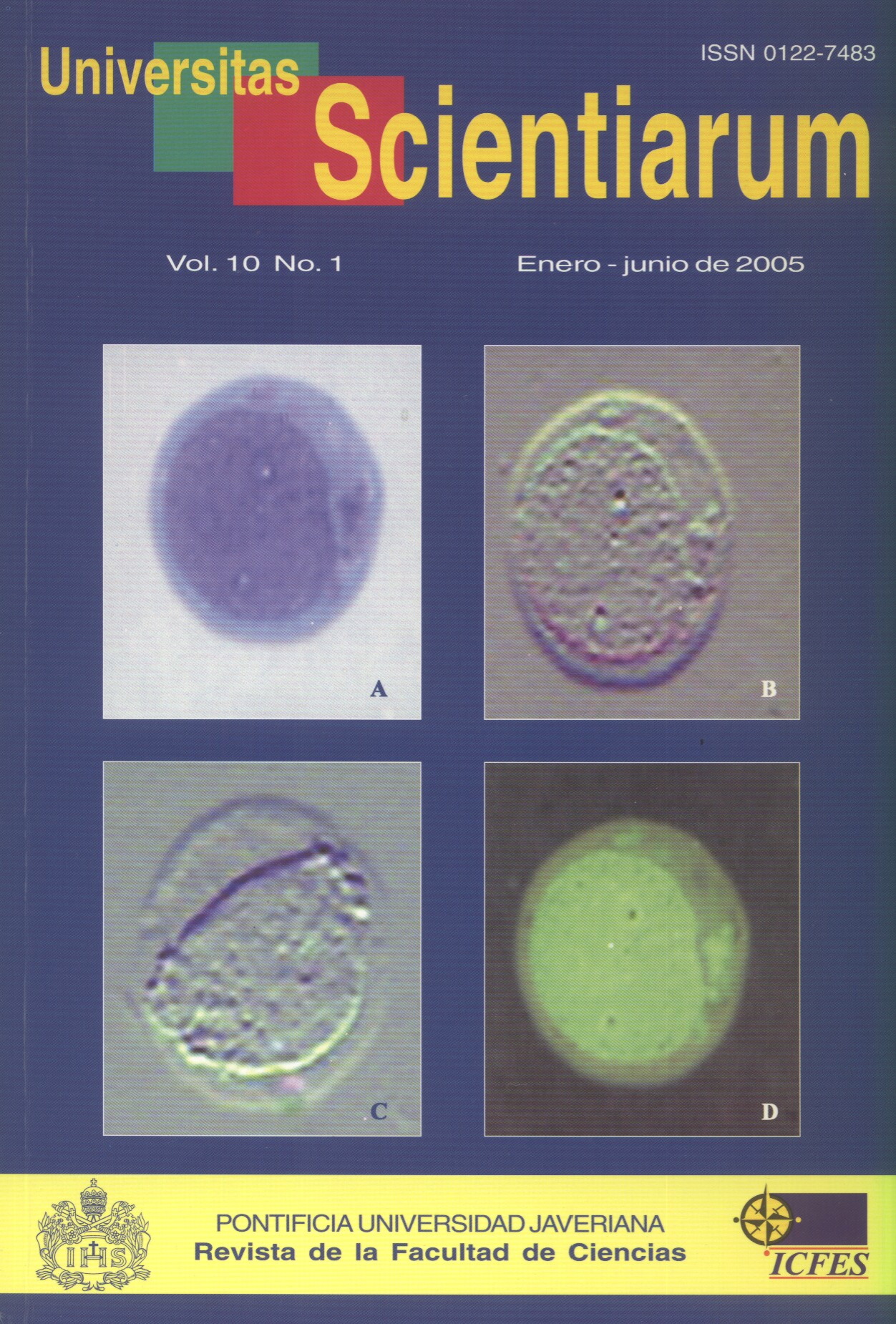Abstract
The effectiveness of electrolyzed oxidizing (EO) water for the inactivation of L. monocytogenes insuspension and when inoculated on lettuce leaves was evaluated. An electrolytic cell for the production of EO water was built and a solution of 5% NaCl was used. The EO water produced had a residual chlorine concentration of 29 parts per million (ppm) and pH 2.83. Ten strains of L. monocytogenes isolated from processed chicken (109 CFU/ml) were inoculated into 9 ml of EO water or 9 ml of deionized water (control) and incubated at 15°C for 5, 10, 15 and 20 min. The surviving population of each strain was determined on Columbia agar. An exposure time of 5 min reduced the populations by approximately 6.6log CFU/ml. The most resistant strains to sodium hypochlorite (NaOCl) were selected and used in a strain mixture (9.56 log CFU/ml, 109UFC/ml approximately) for the inoculation of 35 lettuce samples, by the dip inoculation method using distilled water as control. The population mean of L. monocytogenes after treatment with EO water and distilled water was reduced by 3.92 and 2.46 log CFU/ml respectively (p=0.00001). EO water and 6% acetic acid (vinegar) were combined to improve the EO water effect on L. monocytogenes inoculated in lettuce; the effectiveness of this combination was examined. The results showed that there was a synergistic effect of both antimicrobial agents (population reduction by 5.49 logCFU/ml approximately) on the viability of L. monocytogenes cells.Univ. Sci. is registered under a Creative Commons Attribution 4.0 International Public License. Thus, this work may be reproduced, distributed, and publicly shared in digital format, as long as the names of the authors and Pontificia Universidad Javeriana are acknowledged. Others are allowed to quote, adapt, transform, auto-archive, republish, and create based on this material, for any purpose (even commercial ones), provided the authorship is duly acknowledged, a link to the original work is provided, and it is specified if changes have been made. Pontificia Universidad Javeriana does not hold the rights of published works and the authors are solely responsible for the contents of their works; they keep the moral, intellectual, privacy, and publicity rights. Approving the intervention of the work (review, copy-editing, translation, layout) and the following outreach, are granted through an use license and not through an assignment of rights. This means the journal and Pontificia Universidad Javeriana cannot be held responsible for any ethical malpractice by the authors. As a consequence of the protection granted by the use license, the journal is not required to publish recantations or modify information already published, unless the errata stems from the editorial management process. Publishing contents in this journal does not generate royalties for contributors.



